Toyota isn’t bowing to pressure from shareholders to a lot more wholeheartedly embrace electrical motor vehicles.
“We will not, can’t, restrict the alternatives [of our customers], due to the fact Toyota is really world wide and serves clients in various areas,” claimed government vice president Masahiko Maeda.
In remarks documented by Nikkei Asia, Mr Maeda stated the company’s target was carbon neutrality and wouldn’t commit to phasing out combustion-engine vehicles.
Toyota claims it believes distinct marketplaces will acquire “different paths” to decarbonisation, and has fully commited to presenting a broad range of eco-pleasant autos together with EVs and its popular hybrids.
It’s also argued EVs are not ideal for some markets.
On the other hand, the automotive giant has been criticised by Danish pension fund AkademikerPension, a shareholder, for its apparent lobbying initiatives towards electrical vehicles.
The Danish firm suggests through this lobbying action, Toyota has seemingly sought to “weaken authentic makes an attempt by governments all over the planet to phase out inner combustion engines, and to section in fuel economy standards and, critically, pure electric powered vehicles”.
“In our see – and in the see of a lot of other investors – the lobbying do the job carried out by Toyota Motor has given the business a world wide laggard status on climate motion in the auto sector,” reported AkademikerPension CIO Anders Schelde.
“Public statements, growing tension on countrywide governments to weaken EV procedures and at the rear of the scenes advocacy as a result of enterprise associations has been consistently obstructionist to the bans on automobiles that are not purely electric.
“This is jeopardising Toyota’s useful brand name to the detriment of shareholder interests”
The fund alleges it attempted to submit a shareholder resolution at this year’s Toyota yearly standard conference, only to have it be turned down on the grounds it skipped an undisclosed submission deadline by just one day.
AkademikerPension isn’t the only shareholder to voice issue around Toyota’s lobbying efforts.
“Toyota’s opposition to robust EV and local weather insurance policies creates important reputational hazard, and is at odds with its initiatives to show up to be a ‘green’ automaker,” mentioned Brad Lander, Comptroller for the Business office of New York City, in a assertion to Nikkei Asia.
The New York Moments noted previous year that Toyota sent Chris Reynolds, a senior government overseeing federal government affairs, to Washington D.C. to lobby from an aggressive changeover to electric autos in favour of a more substantial function for hybrids and hydrogen fuel-mobile automobiles.
The automotive large was not only a hybrid pioneer, but it was a person of the trailblazers in the hydrogen gasoline-cell field.
The latter engineering, nevertheless, hasn’t been welcomed with the similar open arms as battery electrical cars in large portion thanks to the absence of infrastructure.
The lopsided expense in favour of FCEVs more than battery-electric motor vehicles has remaining the company slipping guiding rivals in rolling out the latter.
However it is supplied some electrical conversions of present cars, like an electrical C-HR for China, its to start with clear-sheet EV will be the new bZ4x, coming into output this yr.
Which is well more than 10 several years just after Nissan and Tesla released their first committed EVs.
The New York Occasions claimed Toyota has lobbied versus stricter emissions criteria in markets like the US, the Uk, the European Union and Australia, and donated to politicians who reject the scientific consensus on human-caused climate modify.
Toyota has argued that, in all the communicate close to markets phasing out income of combustion motor vehicles, not enough focus is getting compensated to the small- and medium-expression, the place it states its hybrid motor vehicles can support meaningfully reduce emissions.
It is also argued federal government guidelines made to decrease revenue of combustion automobiles will harm the Japanese automotive marketplace as a total.
“Policies that ban gasoline and diesel motor vehicles from the outset will limit these options and result in Japan to get rid of its aggressive edge,” said CEO Akio Toyoda previous calendar year.
Not only was Toyota the world’s leading-offering automaker last year, it continues to be the amount just one brand name in marketplaces as various as Australia, Nigeria and Vietnam.
That suggests it is the very best-selling brand name in a extensive number of markets where by there are no electric car or truck incentives or revenue targets, enable by itself federal emissions requirements.
Toyota has declared a raft of 30 electrical vehicles thanks by 2030, led by the bZ4x, with the objective of marketing 3.5 million EVs on a yearly basis by 2030.
For context, the organization marketed 10,495,548 cars globally in 2021, 8,912,949 of which ended up Toyota-branded autos.
The plan, declared late past 12 months, represents a important enhance around an before prepare to promote two million EVs by 2030.
When most Japanese makes have not fully commited to phasing out gross sales of combustion-driven cars, Honda claimed past calendar year it’d sell only electric powered and gasoline-mobile vehicles by 2040.
Honda was the world’s seventh most significant automaker by gross sales volume very last yr, and a further company that has invested seriously in hydrogen fuel-cell automobiles more than the yrs. Having said that, it a short while ago discontinued its only FCEV, the Clarity.


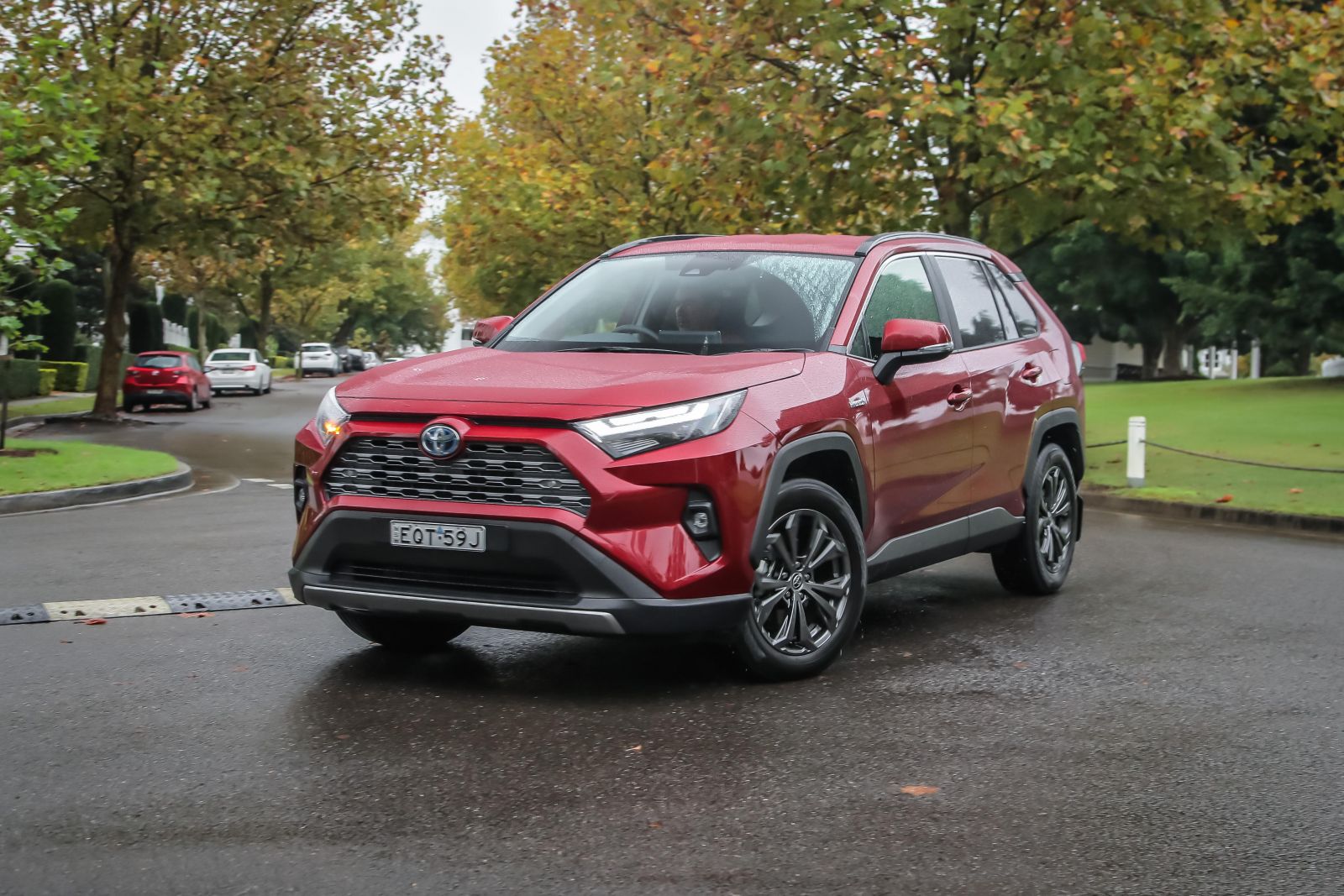
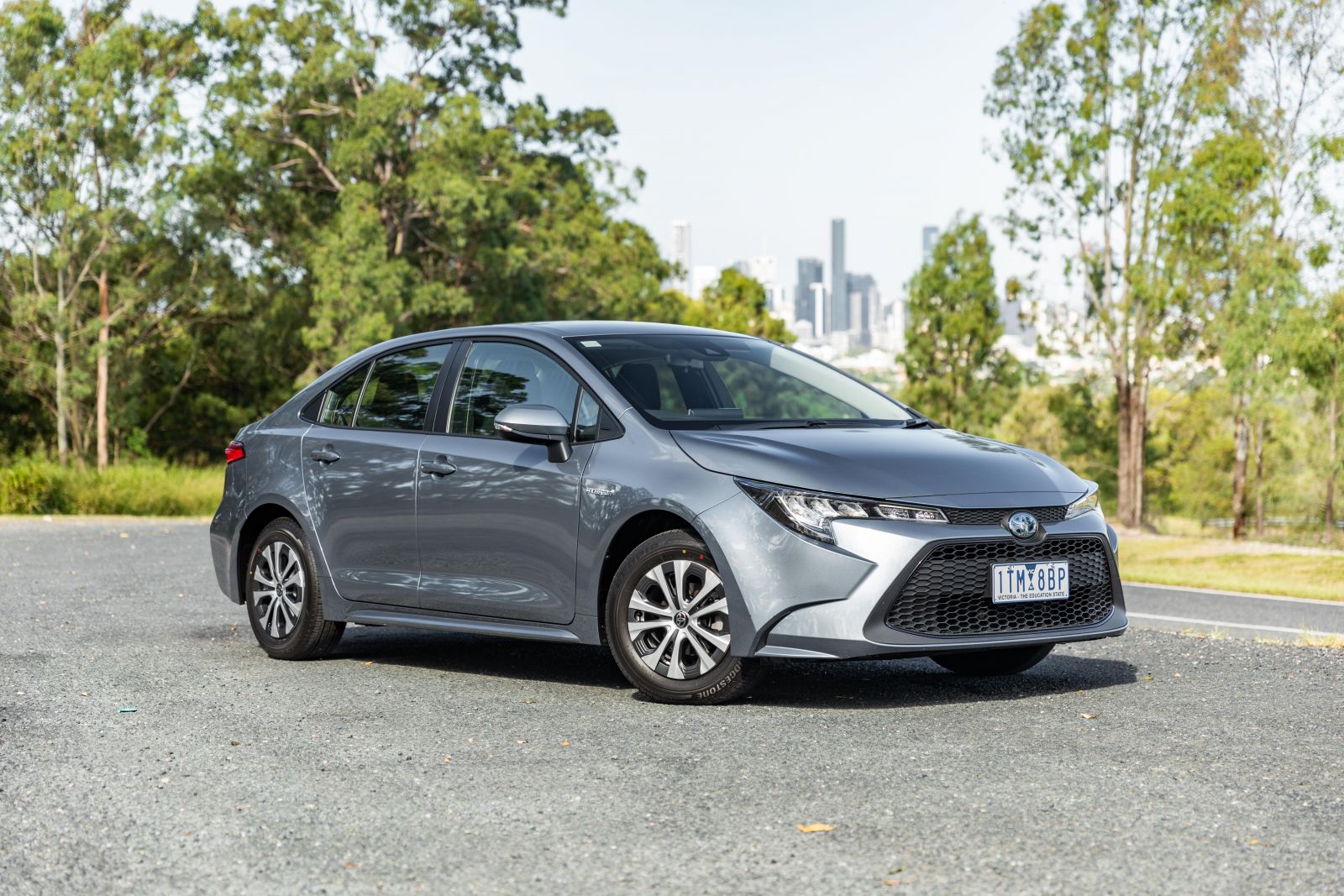
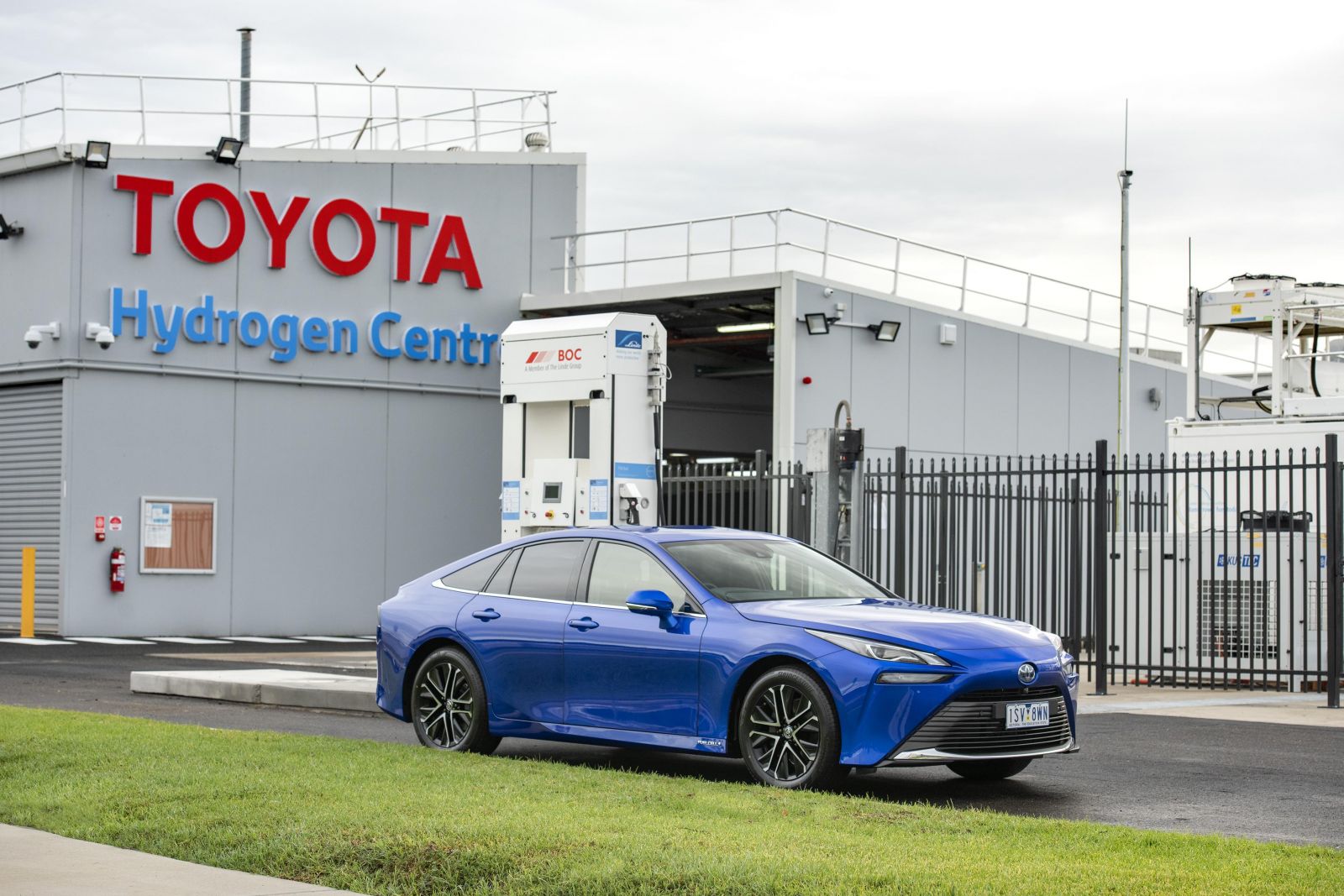
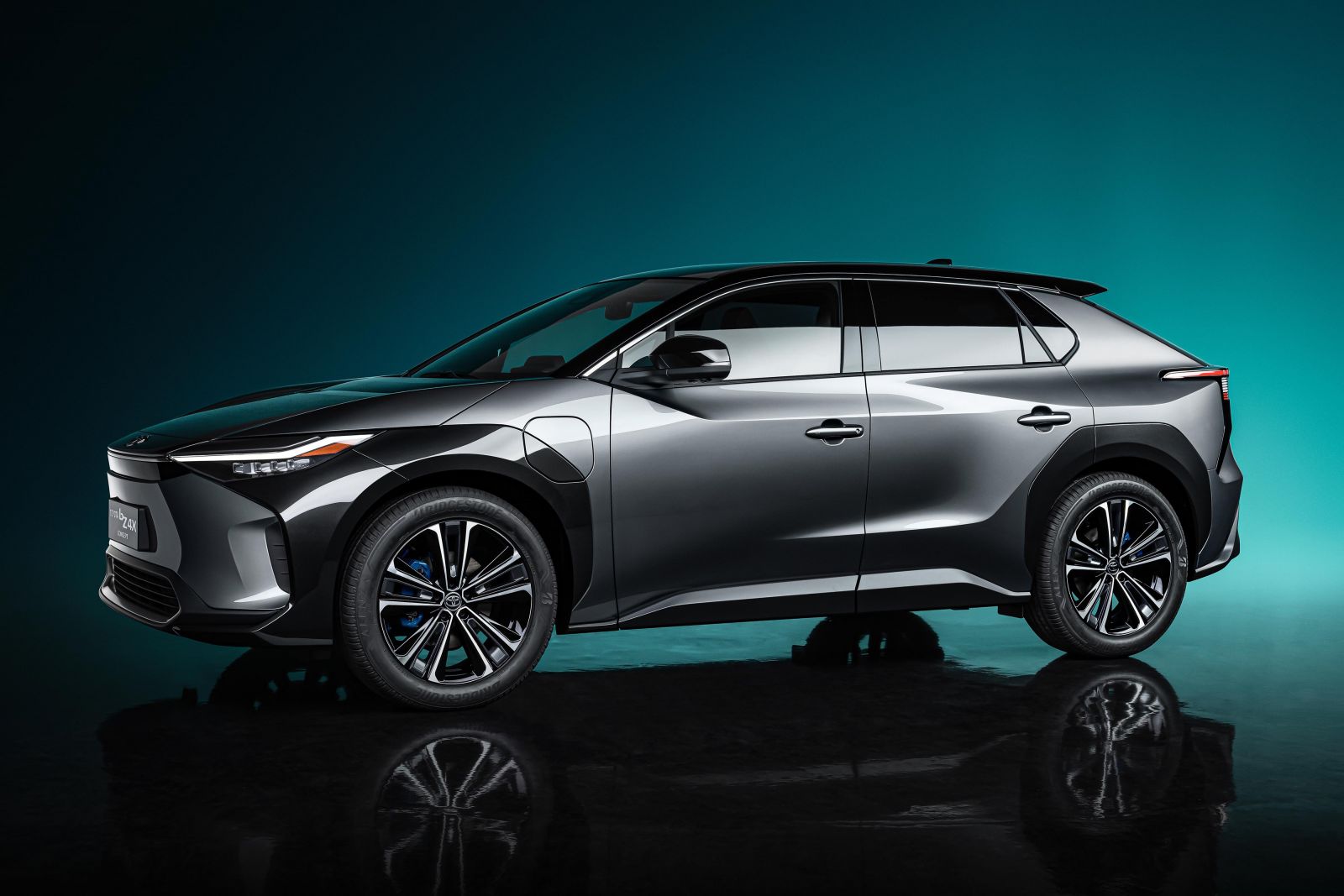
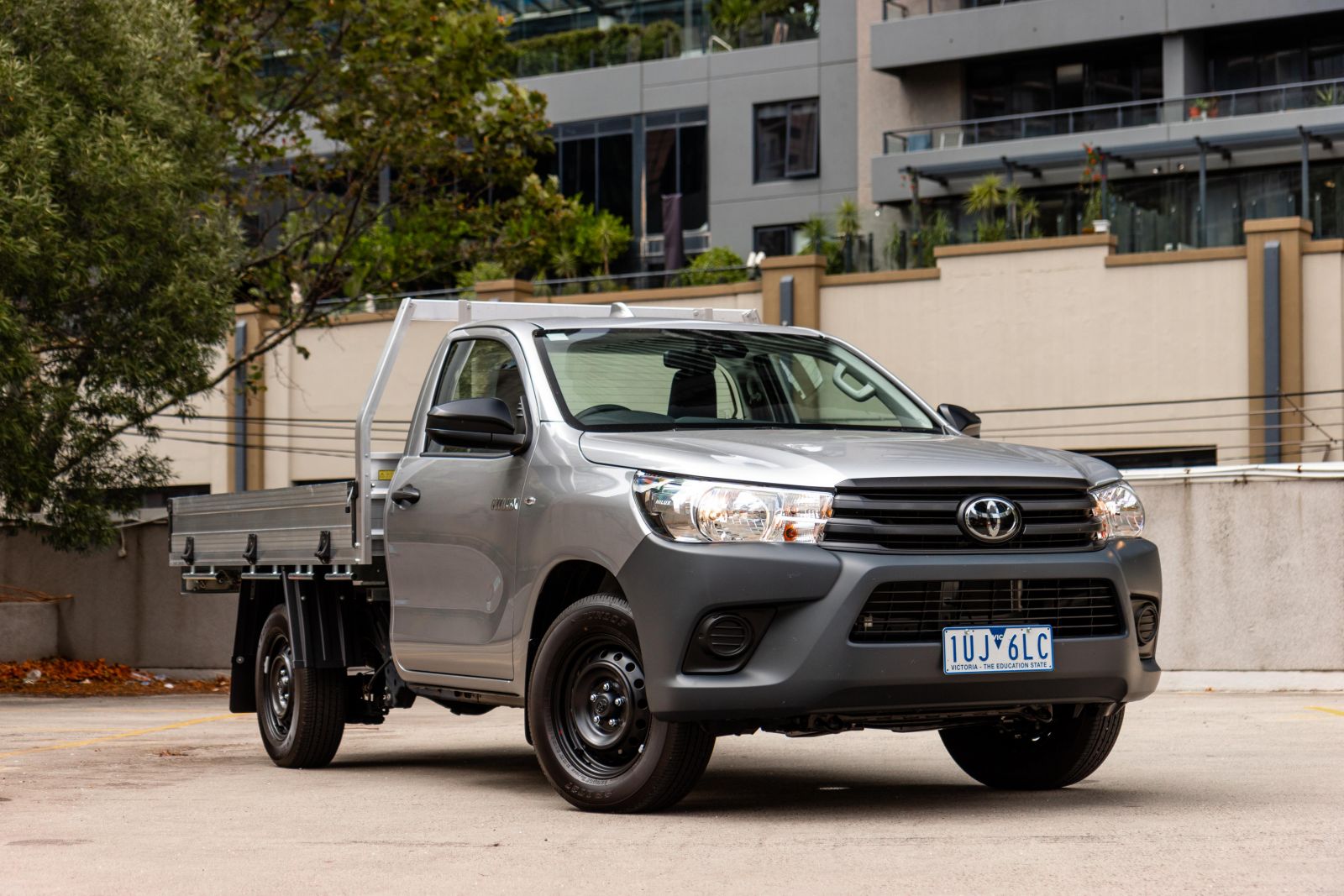
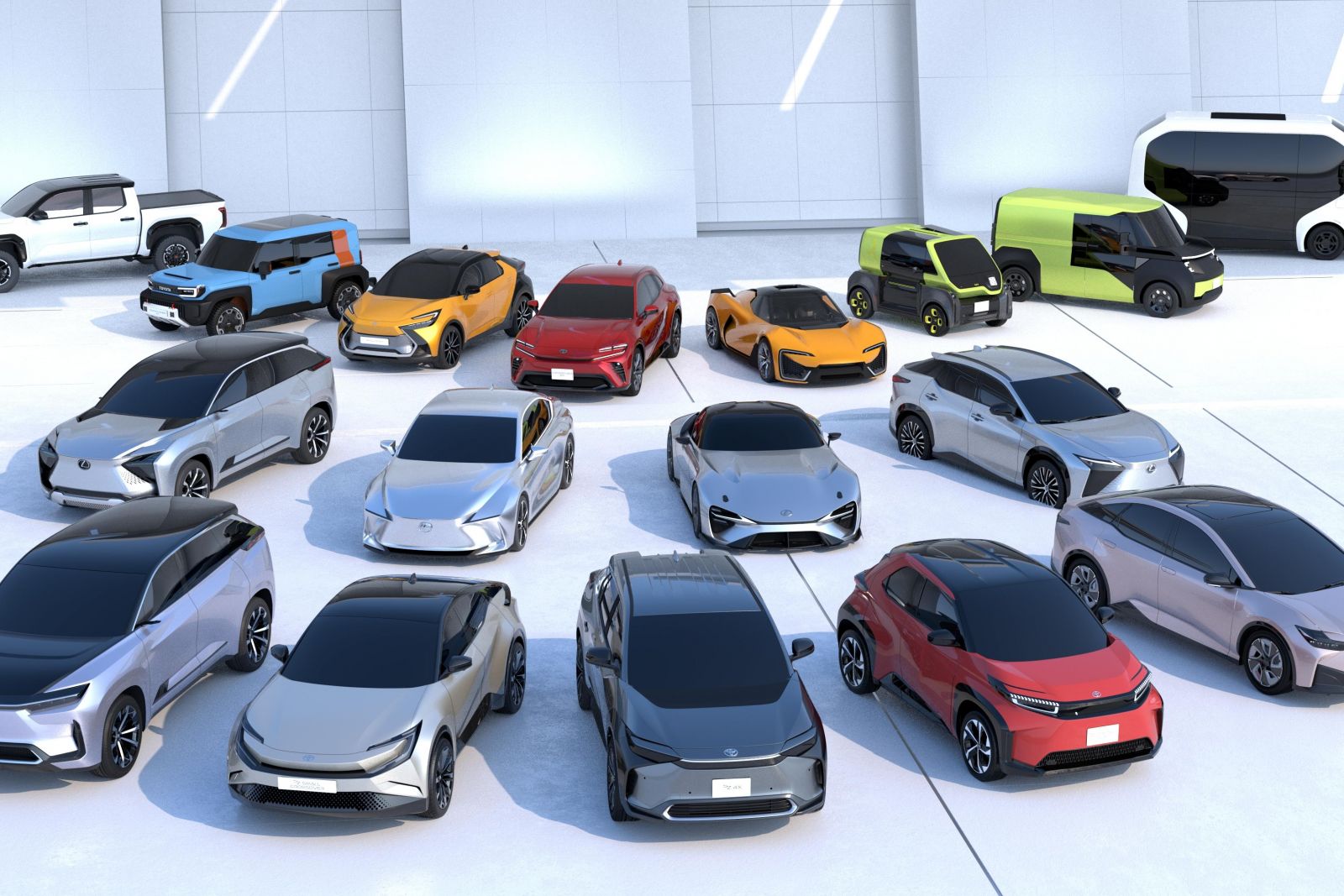




More Stories
Lewis Hamilton Shows Off New Helmet for Monaco GP by Daniel Arsham
Son parte de Star Wars los dos VW ID. Buzz muy especiales, e inspirados en “Obi-Wan Kenobi”
2022 Audi Q5 Sportback Review: Rounding out the top